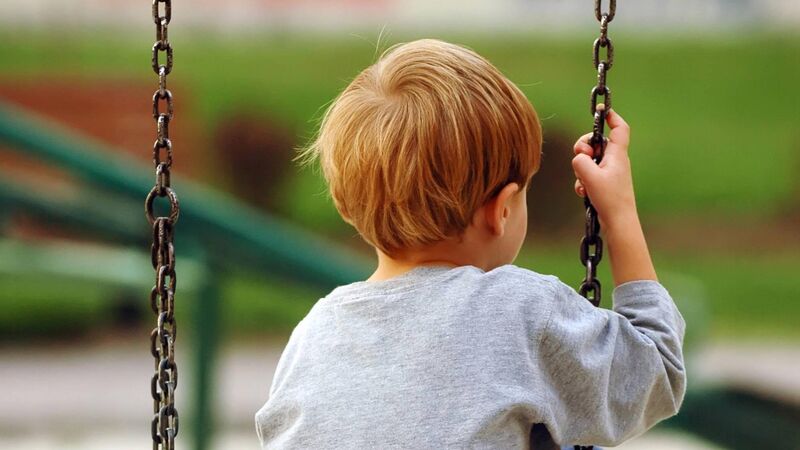Demand for children’s disability services far exceed resources available, federation warns

The Disability Federation of Ireland has warned that many families get lost in the system, struggling to move from referral to assessment and trying to navigate the complex service structure.
Demand for disability services from children far exceeds the services and staff available, the Disability Federation of Ireland has warned.
Chief executive Elaine Teague's comments come as families highlight long waits for all kinds of therapists and vital dentistry services.












